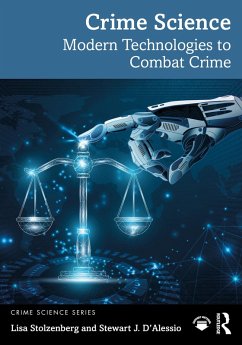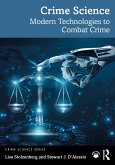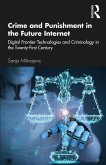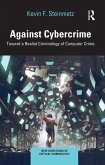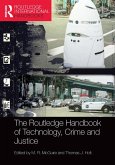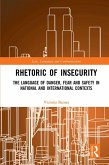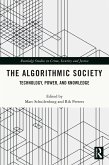Through engaging narratives, case studies, and expert insights, this book sheds light on the intricate web of scientific disciplines that play a pivotal role in uncovering and solving crimes. The technologies covered represent a complex web of tools available to law enforcement and other criminal justice agencies. However, it is important to recognize that integrating these technologies requires careful consideration of legal, ethical, and social issues, including privacy rights and potential biases in predictive algorithms. As technology continues to evolve, so will the tools available for crime prevention, detection, and prosecution. It is an ongoing process of balance and adjustment as society seeks to ensure safety and justice while preserving individual rights and freedoms.
Appropriate as a textbook for crime science, criminal investigation, and crime prevention courses in criminology and criminal justice programs, Crime Science: Modern Technologies to Combat Crime is also useful for professionals and others intrigued by the world of crime and investigation. This book is a groundbreaking exploration into the important role science plays in comprehending, preventing, and solving crimes in the modern era.
Dieser Download kann aus rechtlichen Gründen nur mit Rechnungsadresse in A, B, BG, CY, CZ, D, DK, EW, E, FIN, F, GR, HR, H, IRL, I, LT, L, LR, M, NL, PL, P, R, S, SLO, SK ausgeliefert werden.

